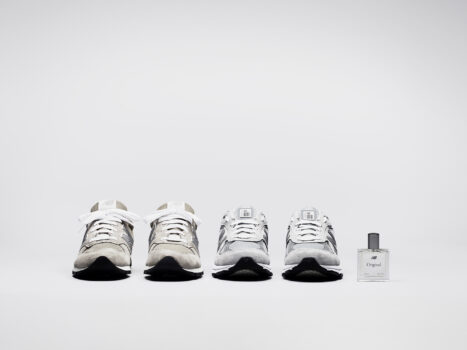
A focus on sustainable practices and an ever-expanding product range are at the core of homewares brand Canningvale’s future plans, as it seeks to continue growing after almost doubling in size over the last 12 to 18 months.
Key to this growth, according to Canningvale managing director Jordan Prainito, is the quality of the products the brand makes, as well as their prices.
“We noticed about two years ago that there was a shift starting to occur in the market, where customers were less focused on the lowest price point product, and were starting to really consider the value equation,” Prainito told Inside Retail.
This shift, Prainito explained, has been driven largely by millennial consumers entering the housing market and looking for furnishings that will last. The brand has been running a five-year warranty on its products, and has seen this offer resonate with its consumers.
Many of the decisions made by the brand are a result of consumer feedback, in fact, with the general strategy of growing the brand’s product range having come from consumer conversations.
Traditionally a maker of towels and bed linen, Canningvale has expanded into product areas such as furniture, mattresses, rugs, cushions and baskets.
“As we became more of a direct-to-consumer business, we started to get a really strong connection with our customers,” Prainito said.
“We started having more intimate conversations with them through surveys and meet-and-greets, and really understanding what they love about what we do, what we could do better, and what more they want from us.”
It became clear early on in this process that Canningvale customers wanted products in adjacent categories. Listening to this feedback, In response, the brand put together a small team to prototype some of these products and gave them to customers for further feedback, before building out the range. based on the response.
Having manufactured its own goods since Canningvale began in 1977, the brand has an innate knowledge of what’s required to make a product from scratch – and has amassed a large knowledge base on the process.
Part of the brand’s transformation over the past year or so is a long-term commitment to sourcing its products sustainably, having implemented a sustainable cotton source initiative as well as a start to sourcing a polyester yarn that is made from 100 per cent recycled plastic materials.
“We’re a part of the Better Cotton Initiative,” explained Prainito. “It’s more about educating farmers on how to grow cotton in the most efficient way. Each year we do about 400 to 500 tonnes of cotton, so it was something that really resonated with us.”
Prainito explains that, for Canningvale, it’s always been about under-promising and over-delivering at every step of the customer journey, and the focus on sustainability has become an extension of that ethos.
“When it comes to [using recycled materials], I guarantee you some people will be put off,” Prainito said. “They’ll need to be able to feel it, and say ‘holy shit, this is legit’.”
While the brand is forecasting growth in the realm of doubling its size over the next two to three years, a dedicated bricks-and-mortar offering is not on the cards. Instead, Canningvale will continue to lean on partnerships, such as the one it currently has with Target.
“Having said that,” Prainito added, “if the opportunity arises you could see a showroom in each of the capital cities – that has been tabled by the board, and it’s up for consideration, but it’s very, very early days.”





